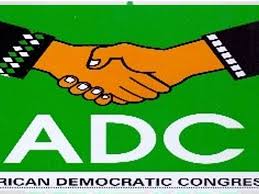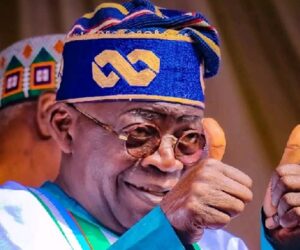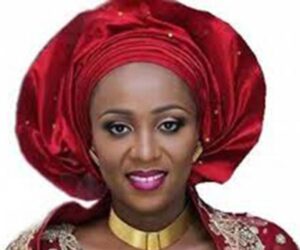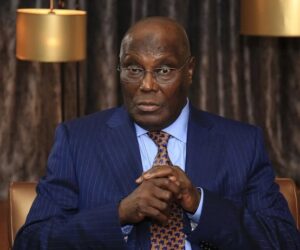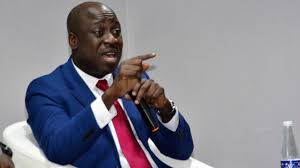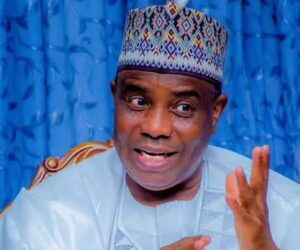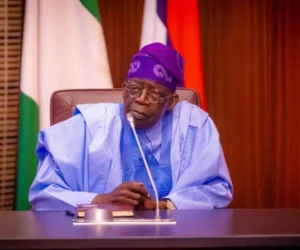In the ever-evolving political landscape of Nigeria, the quest for credible leadership remains a paramount concern for citizens and stakeholders alike. The formation of the ADC-Alliance, a coalition aimed at presenting an alternative to the ruling party, has sparked a debate regarding the viability of its leaders in comparison to the current administration under President Ashiwaju Bola Ahmed Tinubu.
This essay seeks to explore the leadership credibility of the ADC-Alliance by critically examining the capabilities and promises of its leaders against the backdrop of Tinubu’s policies and governance strategies.
Since assuming office, President Bola Ahmed Tinubu has embarked on a series of ambitious reforms aimed at revitalizing Nigeria’s economy and enhancing its global standing. His administration has faced significant challenges, including economic instability, infrastructural deficits, and a complex foreign exchange market. However, the administration has also made strides in areas such as tax reforms, infrastructural development, and efforts to combat corruption.
A critical aspect of Tinubu’s governance is his willingness to make tough decisions, such as the removal of fuel subsidies, which has been a contentious issue among the populace. While these decisions have sparked protests and dissent, they are also indicative of a leadership that prioritizes long-term economic stability over short-term political gain. In this context, the question arises: who among the leaders of the ADC-Alliance possesses the vision and capability to outperform Tinubu’s administration?
The ADC-Alliance comprises a diverse group of political figures, each with their own visions for Nigeria’s future. However, the credibility of these leaders must be evaluated not only based on their rhetoric but also on their past performances and the feasibility of their proposed policies.
For instance, one prominent figure within the ADC-Alliance may advocate for the reinstatement of fuel subsidies as a means to alleviate the immediate economic burden on Nigerians.
Yet, such a proposal requires a thorough analysis of its long-term implications. Would reinstating subsidies truly provide a sustainable solution, or would it merely postpone necessary reforms? Furthermore, the ability of any leader to navigate the complexities of the foreign exchange market and implement effective monetary policies is crucial. Can any of the ADC-Alliance leaders present a compelling alternative to Tinubu’s current strategies?
Leadership credibility transcends mere promises; it is rooted in the ability to translate vision into actionable policies. The electorate is increasingly discerning, equipped with access to information and a growing awareness of the political dynamics at play. Thus, any leader aspiring to preside over Nigeria must articulate a clear and realistic plan for addressing the nation’s multifaceted challenges.
For instance, in terms of infrastructural development, the ADC-Alliance leaders must demonstrate not only their understanding of the issues at hand but also their capacity to mobilize resources and implement projects effectively. What innovative approaches can they propose to enhance Nigeria’s infrastructure, and how will these differ from the initiatives currently underway under Tinubu’s administration?
Moreover, the economic landscape demands leaders who can navigate the complexities of global markets while fostering domestic growth. As Nigeria seeks to position itself on the global stage, any aspirant must present a robust economic strategy that addresses both local and international concerns.
Courage is a defining trait of effective leadership. It involves the willingness to make difficult decisions, confront challenges head-on, and take responsibility for the outcomes. Tinubu’s administration has demonstrated such courage, particularly in its approach to subsidy removal and economic reforms.
In contrast, the leaders of the ADC-Alliance must exhibit similar courage in their proposals.
They must be willing to engage in honest discourse about the realities facing Nigeria, rather than relying on populist rhetoric that may resonate in the short term but lacks substance. If any leader within the ADC-Alliance believes they can do better than Tinubu, they must be prepared to articulate their vision with clarity and conviction, addressing the hard questions that the electorate is likely to pose.
As Nigeria grapples with its myriad challenges, the need for credible leadership has never been more pressing. The ADC-Alliance presents an opportunity for alternative voices to emerge in the political arena. However, the leaders within this coalition must rise to the occasion, demonstrating not only their vision for the future but also their capacity to implement effective policies that can genuinely improve the lives of Nigerians.
In conclusion, while the ADC-Alliance may offer a fresh perspective, the question remains: who among its leaders possesses the requisite courage, vision, and capability to surpass the achievements of Ashiwaju Bola Ahmed Tinubu’s administration? The electorate is watching closely, and the answers to these questions will ultimately shape the future of Nigeria. It is imperative that aspiring leaders engage in meaningful dialogue, grounded in realism and a commitment to the nation’s progress, if they are to earn the trust and support of the Nigerian people.

